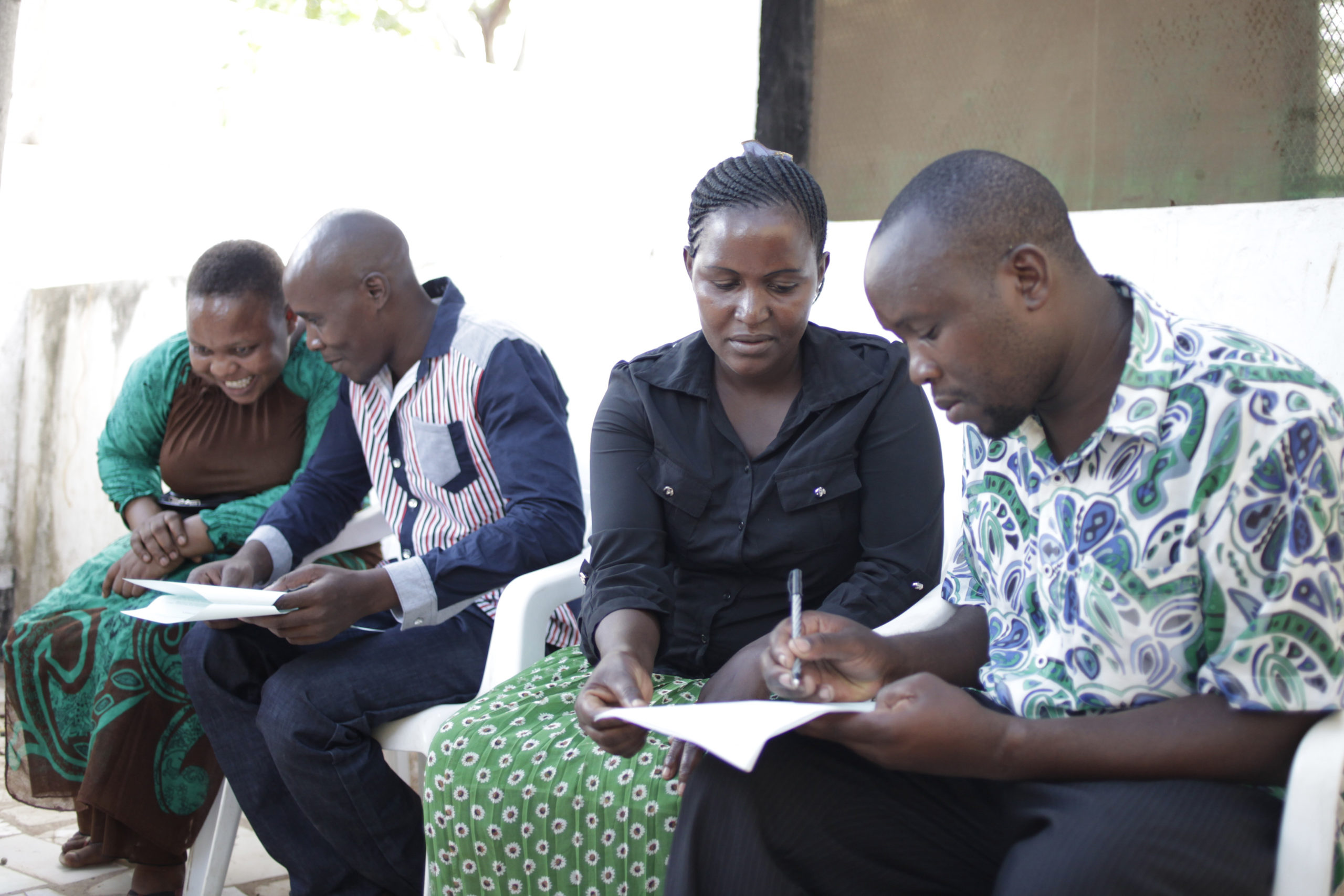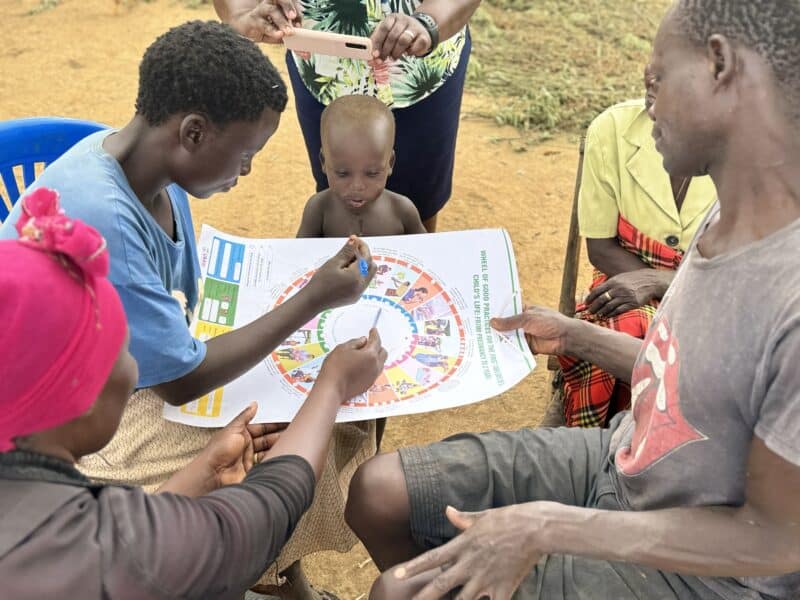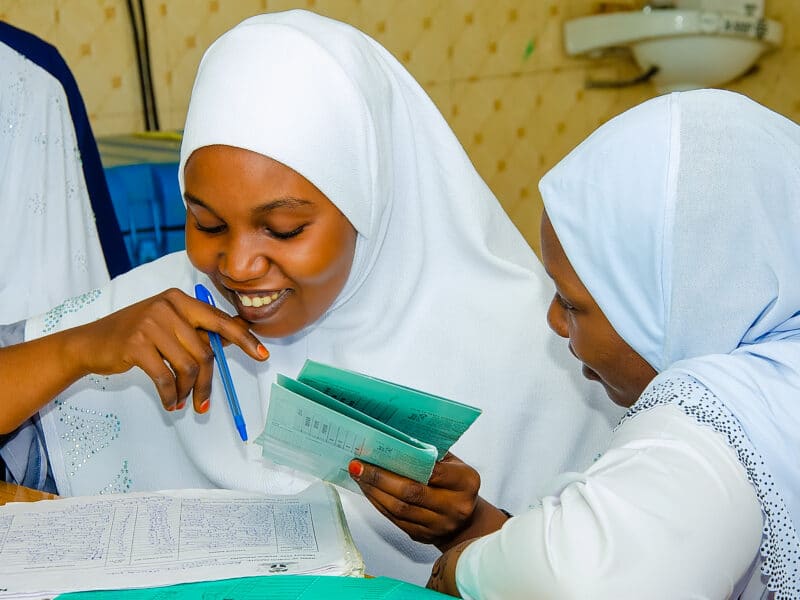Last month marked the completion of the Tanzania Capacity and Communication Project (TCCP), a six-year initiative funded by the United States Agency for International Development (USAID) and led by the Johns Hopkins Center for Communication Programs (CCP) that addressed issues around the HIV epidemic, safe motherhood, family planning and malaria using social and behavior change communication (SBCC) strategies. During the end of project event held on May 17, 2016 in Dar es Salaam, Tanzania, CCP Executive Director Susan Krenn joined USAID Acting Mission Director Daniel Moore and Guest of Honor Dr. Mohammed Ally Mohammed, Acting Permanent Secretary for the Ministry of Health, Community Development, Gender, Elderly and Children (MoHCDGEC) to celebrate the project’s many achievements.
“At the core of TCCP’s accomplishments and success has been our ability to integrate – across health areas, across different sections within the Ministry, across sectors and across partners,” Krenn noted during her remarks.
In partnership with USAID, Media for Development International (MFDI), the Tanzania Ministry of Health, Community, Gender, Elderly and Children, the Tanzania Commission for AIDS (TACAIDS), service delivery partners, private sector partners, non-governmental organizations, civil society organizations, faith-based organizations, media houses, advertising agencies and social and mobile health partners, TCCP developed and implemented integrated mass media, communication mobilization and interpersonal communication campaigns that have helped to improve the health of Tanzania’s citizens and communities.
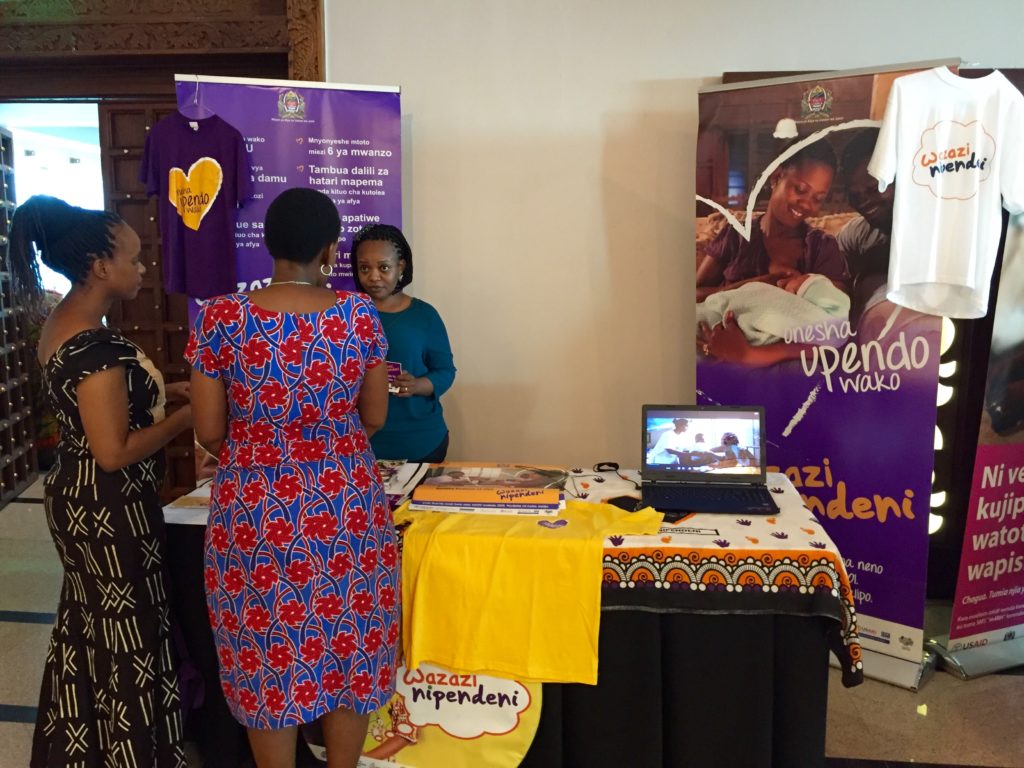
Guests visit TCCP’s maternal and child health booth.
Over the course of its six-year implementation period, TCCP produced measurable results related to healthy behaviors around family planning, HIV prevention and malaria prevention. Specific accomplishments include:
- Audience members exposed to the Wazazi Nipendeni (Love me, parents) safe motherhood campaign were significantly more likely to attend antenatal care (ANC), have been tested for HIV, deliver in a health facility, and protect themselves from malaria during pregnancy through sulfadoxine-pyrimethamine (SP) and net use.
- Audience members exposed to the Aiisseee! (I say!) couple connectedness campaign were more likely to have higher sexual protection self-efficacy, sexual risk communication and condom use with last primary sexual partner. Additionally, exposure to the campaign was significantly associated with an increase in HIV prevention knowledge, likelihood of having ever been tested for HIV and discussing HIV testing with a partner.
- 72% the adult population reported exposure to the Nyota ya Kijani (Green Star) family planning campaign. Those exposed are 1.6 times more likely to have used a family planning method along with a greater likelihood of communicating with partners, family and friends about family planning.
- Over ⅔ of men and half of women were exposed to the Tuko Wangapi? Tulizana (How many are we? Settle down) HIV prevention campaign. Exposure was significantly associated with improved sexual protection self-efficacy, HIV testing and condom use at last sex.
- Audience members exposed to Siri ya Mtungi (Secrets of the African Pot) TV serial drama showed a significant association with higher sexual protection self-efficacy, sexual risk behavior communication and positive condom attitudes compared to those who were not exposed.
- With SBCC contributions from the Tohara (Circumcise) Voluntary Medical Male Circumcision (VMMC) campaign, 786,310 men had undergone VMMC by the end of 2013. In 2014 and 2015, 1,007,354 more men had chosen to have the operation. This included high proportions of men over the age of 20, following the implementation of the age-aware communication strategy.
- The Tanzania Communication and Development Center (TCDC), a local non-governmental organization established with the help of TCCP, will build local capacity to sustain SBCC activities and strengthen community engagement even after TCCP ends.
The May 17th event also included breakout sessions on each of TCCP’s health areas and communication channels. Through concurrent sessions, participants were able to experience TCCP’s participatory community outreach activities, hear from MoHCDGEC on effective collaboration and have conversations about lessons learned. At the end of the event, TCCP Chief of Party Robert Karam handed over a flash drive of all of TCCP’s materials to the MoHCDGEC so that the Ministry can continue the work that TCCP has started.
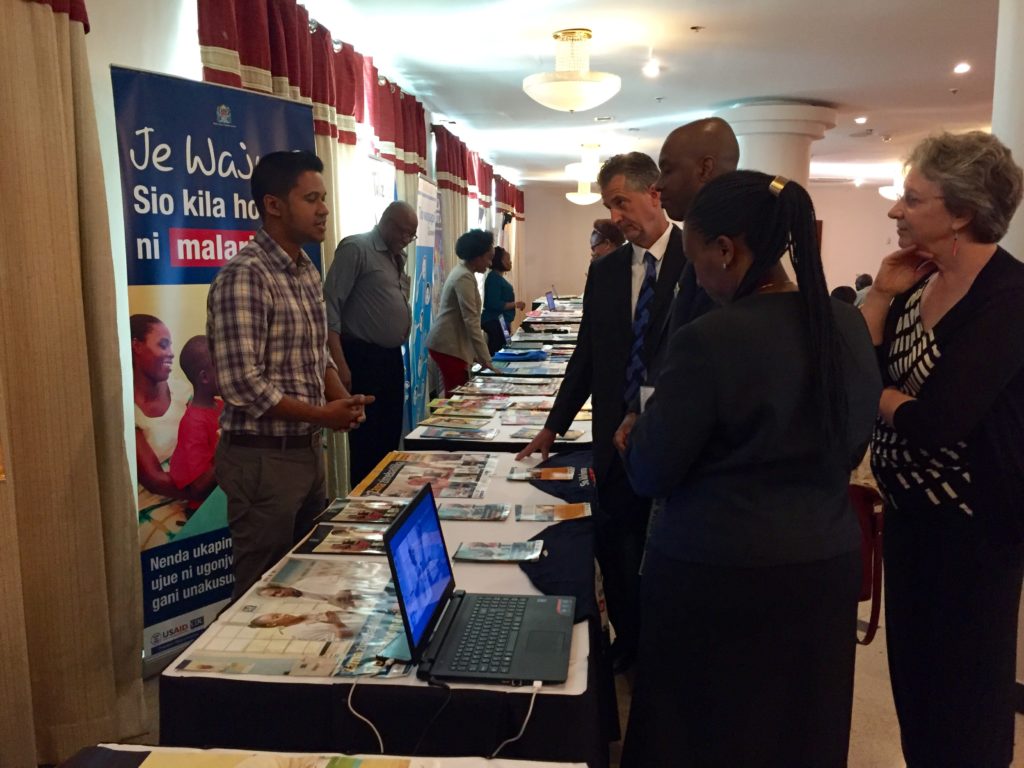
VIPs visit TCCP booths.
Following the Dar es Salaam gathering, CCP staff also conducted three zonal end of project events that brought together the Regional Medical Officers (RMO), District Medical Officers (DMO), Community-Based Organizations (CBOs), Community Change Agents (CCAs) and implementing partners. The first zonal event was held in Mtwara region on May 24; the second in Mwanza region on May 27; and the third in Iringa region on May 31. Each zonal event brought together stakeholders from multiple regions and represented a unique opportunity to provide feedback to field staff on accomplishments over the life of the project.
The comprehensive approach to SBCC programs will be carried on even after TCCP ends thanks to the capacity-building efforts of the Tanzania Communication and Development Center. The organization’s emphasis on sustainability will ensure that TCCP’s vision to see a Tanzania where people take care of their own health is within reach.
Explore an early overview of TCCP here.

